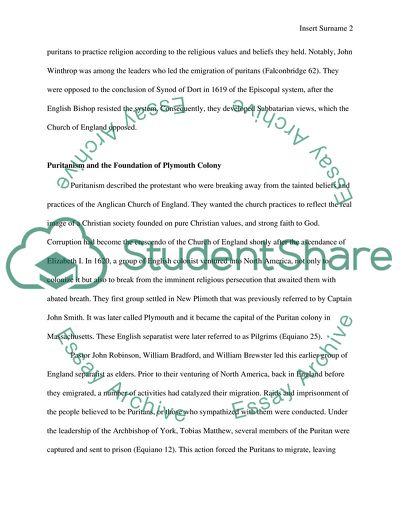Cite this document
(“The development and conditions of slavery in the Colonies in the Term Paper - 1”, n.d.)
The development and conditions of slavery in the Colonies in the Term Paper - 1. Retrieved from https://studentshare.org/history/1606923-the-development-and-conditions-of-slavery-in-the-colonies-in-the-seventeenth-and-eighteenth-centuries
The development and conditions of slavery in the Colonies in the Term Paper - 1. Retrieved from https://studentshare.org/history/1606923-the-development-and-conditions-of-slavery-in-the-colonies-in-the-seventeenth-and-eighteenth-centuries
(The Development and Conditions of Slavery in the Colonies in the Term Paper - 1)
The Development and Conditions of Slavery in the Colonies in the Term Paper - 1. https://studentshare.org/history/1606923-the-development-and-conditions-of-slavery-in-the-colonies-in-the-seventeenth-and-eighteenth-centuries.
The Development and Conditions of Slavery in the Colonies in the Term Paper - 1. https://studentshare.org/history/1606923-the-development-and-conditions-of-slavery-in-the-colonies-in-the-seventeenth-and-eighteenth-centuries.
“The Development and Conditions of Slavery in the Colonies in the Term Paper - 1”, n.d. https://studentshare.org/history/1606923-the-development-and-conditions-of-slavery-in-the-colonies-in-the-seventeenth-and-eighteenth-centuries.


